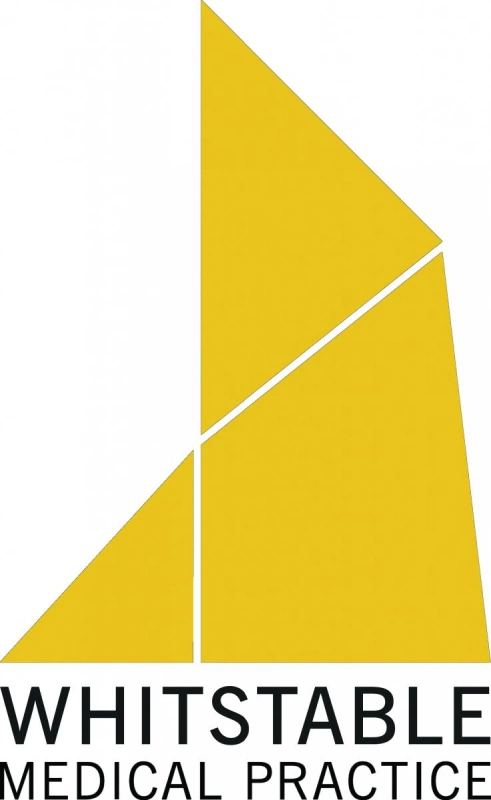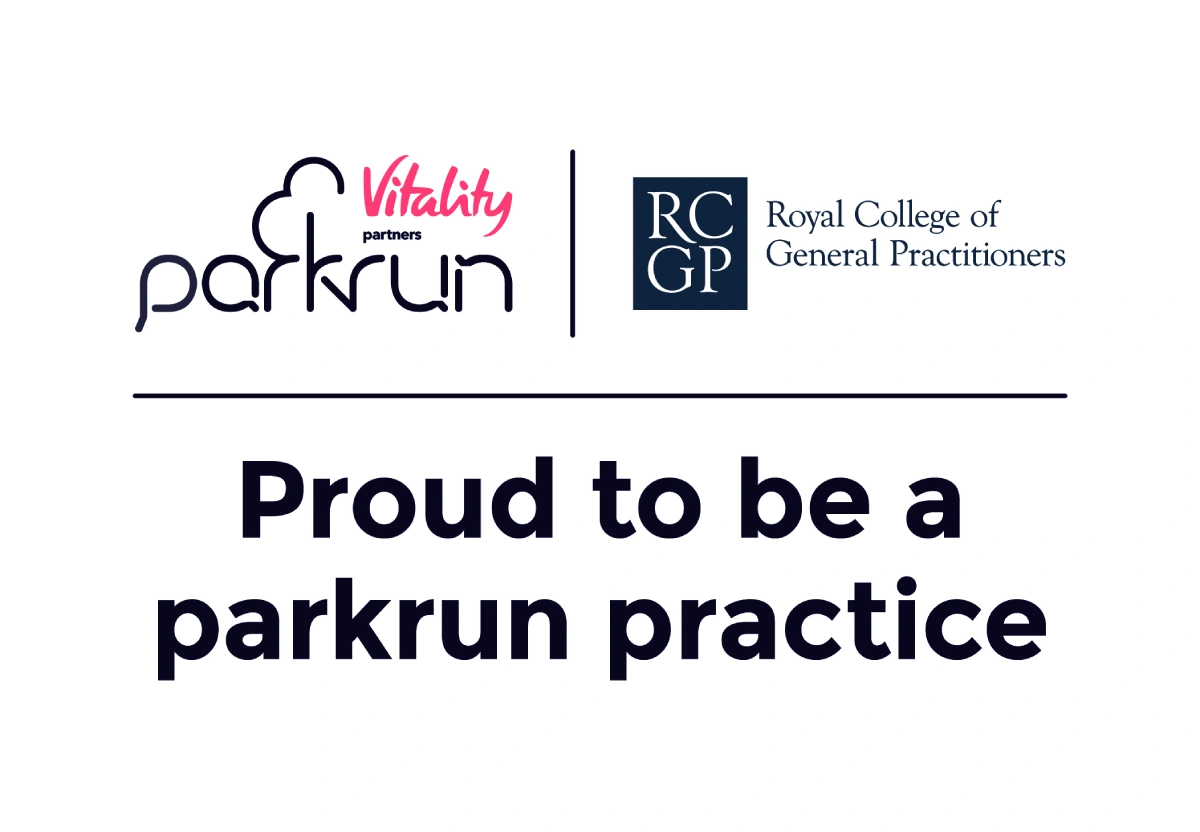We use cookies to help provide you with the best possible online experience.
By using this site, you agree that we may store and access cookies on your device. Cookie policy.
Cookie settings.
Functional Cookies
Functional Cookies are enabled by default at all times so that we can save your preferences for cookie settings and ensure site works and delivers best experience.
3rd Party Cookies
This website uses Google Analytics to collect anonymous information such as the number of visitors to the site, and the most popular pages.
Keeping this cookie enabled helps us to improve our website.
Patient Participation Group Newsletter: Autumn 2024
Welcome to our third Newsletter of 2024 – we hope you find something useful and of interest.
As the PPG, we are the patients’ voice, and we aim to represent the people who are registered as patients with WMP. If you are a patient of Whitstable Medical Practice, we would love to hear from you.
Welcome from the Chair
Hello once again. I just wanted to let you know what the PPG Committee members are like.
We/they are local people who volunteer their time to provide a patient voice to WMP. But in my view, they are also extra ordinary people. Recently we were having a cup of tea and chatting, when Di began to share her experiences of interacting with our local health services for people with dementia, and Brenda retrieved a notebook from her bag and began to make notes. She realised that what Di was sharing, would be very useful for a person she knows.
So, I hope this edition, where we give a lot of attention to how you can help yourself stay healthy and how you can be prepared at home for a minor health issues, has useful information which you can share.
Lynne Spencer
STOP PRESS…
Congratulatios to WMP’s Dermatology Team for being judged the Dermatology Team of the Year in the Quality in Care awards. Full story in the next newletter.
Dealing with dementia – help is at hand
Patients at WMP can get support from Dementia & Me Co-Ordinators at Age UK Herne Bay and Whitstable, with or without a diagnosis of dementia. They are single point of contact for help and support for all things dementia across the area. They can visit you in your own home, create a support plan, and offer a wide range of support and advice.
Dementia & Me Co-Ordinators can help you:
- Develop a plan to help you manage changing needs throughout the dementia journey
- Highlight the importance of a diagnosis and attend Memory Assessment appointments with you and your carer
- Identify and arrange access to support groups, offering support to take the first steps in these settings
- By offering emotional support and advice around diagnosis and difficulties arising from dementia symptoms
- Understand the services available locally and refer to and signpost to organisations with specialist expertise in dementia support or for other support needs
Though your co-ordinator may help you find more specialist advice in some instances, your co-ordinator will remain with you throughout the process and act as a single point of contact, so that you don’t have to see a different person for every problem you may encounter.
If a person is diagnosed with dementia, the frailty team at WMP will refer the person to the coordinator.
WMP coordinator is: Lainey Farrant 07395 883857 lainey.farrant@nhs.net
For information about activities supporting people with dementia and their carers please contact Audra: 01227 749570 audra.streeting@ageukhbw.org.uk
If IT’s all too much…
Are you a hesitant IT user? Do you have a smart phone? Is it an Android phone or Iphone? Have you ever wanted to use the NHS APP but don’t know how?
Then we have news for you!
Digital Kent has Digital Champions. Barry is a volunteer who visits Whitstable Library once a month, on Wednesday mornings, and will sit with you for half an hour to assist you with IT problems. He is very patient and you can see him more than once.
You do need to make an appointment; this can be done online via digital kent.uk or by phoning 03000 410 950.
Or staff at WMP can help you upload and use the NHS App. The Practice’s patient coordinators are really versatile and can offer a range of help and advice as well as making sure you get seen by the best person at WMP for you.

The resurgence of Rickets
Rickets was very common in the nineteenth century, and we thought it had been eradicated in the UK through outdoor exercise a good diet containing sufficient vitamin D and calcium gained through dairy products, egg yolks, oily fish and vegetables. However, Rickets has reemerged in Kent!
The NHS recommends 30 minutes a day in the sunshine to produce vitamin D. Regular exercise outdoors helps build a good bone structure joints and muscles. Exercising outdoors for 30 minutes day is the bare necessity, however, children are increasingly isolated indoors on tablets and phones.
Keeping well throughout the year
Of course, we all get ill from time to time, but there are things we can do to help us stay healthy.
Get moving
The NHS recommends 150 minutes of moderate activity across the week, such as brisk walking, swimming or dancing. These types of activities are good for our lungs, heart and brains, and our mental health. If you can’t manage 150 minutes, go for a walk and do one other activity such as gardening or chair yoga.
Eat well
This is not ‘going on a diet’, it is finding a healthy eating programme. This can help prevent diabetes, high cholesterol, dementia, depression and breast cancer. The NHS recommends eating wholemeal grains, beans, lentils, seeds, vegetables and fruits while reducing processed foods.
Train that brain
Keeping mentally active stimulates connections between nerve cells. Different activities such as jigsaws, sudoku, dancing, reading, crosswords, and playing a musical instrument stimulate different areas of the brain, so variety really is important.
Avoid social drugs
Smoking, vaping, alcohol, and cannabis all cause changes to our bodies.
Smoking is directly linked to several cancers (breast, bowel, mouth, lung) heart disease, stroke, type 2 diabetes and dementia. Alcohol causes/contributes to depression, liver damage, bowel and breast cancers. Cannabis depending on its strength causes depression and can lead to severe mental health issues such as psychosis.
Socialise
Do activities you like doing, because they then become a habit that is good for you. Mental stimulation is good for us. Meeting friends for a walk or a coffee, join a club, volunteer. Activities prevent us from becoming isolated and lonely. Becoming isolated and reclusive can lead to depression, stress, anxiety, obesity, and a depressed immune system which can lead to other diseases worsening.
According to the World Health Organisation smokers have a 45% increased risk of dementia. The WHO believes that loneliness and isolation are as damaging to health as smoking, obesity and inactivity.
More doesn't mean less
When PPG volunteers were asking patients for views on the Practice, some people asked why WMP was inviting people from out of the area to sign up.
The Practice has assured the PPG that any increase in patient numbers will be matched with clinical and administrative resource. WMP is in the fortunate and increasingly unique position (compared with nationally) of being able to continue to recruit excellent staff of all grades. It is therefore its desire to be able to allow additional patients to benefit from the services offered - services that may be lacking closer to the patient’s home. It does not affect the number or availability of appointments.
Minor ailments
People under the age of 34 are much more likely to attend an A&E department for a minor ailment such as a sprain or strain, headaches, cuts or acne, than people over the age of 65.
Almost a quarter of people under the age of 34 had made appointments to see a GP for a self-treatable condition such as a sore throat or cough (in 2023). In the absence of advice from family or friends, contacting a pharmacy or NHS 111 is more likely to get treatment quicker than trudging to A&E.
Frontier Economics suggests that 5 million trips to A&E and 25 million GP appointments could be avoided each year if we could encourage selfcare.
It is suggested that ‘worse case scenarios’ highlighted by social media are fuelling the problem. Social media can be useful, but when it exaggerates an issue, or misrepresents an issue it causes fear and anxiety.
Pharmacy First, which allows chemists to treat seven conditions such as sinusitis, earaches, sore throats, infected insect bites, impetigo, shingles and uncomplicated urinary tract infections in women, will help get quicker access to health care.
Doctors are beginning to suggest to the Department of Education that First Aid be taught as part of the National Curriculum. Not just CPR (cardio pulmonary resuscitation) but how to take a temperature, how to clean a cut and put on a plaster, or what to do when someone sprains an ankle.
The Kent and Medway Integrated Care Board has useful information about things you can do to help yourself:
- Manage your condition at home
- Treatment from a pharmacy
- Help and advice from 111
- Find Urgent care services
- Information on GP services
- Find dental care services
Go to StopThinkChoose to find out more
Calling all prostate cancer patients
Help shape the future of prostate cancer care by joining Prostate Progress, a new research initiative that aims to transform prostate cancer care and treatment. The aim is to get insights from people who have been treated.
Home Health Treasure Chest
A well-stocked ‘home health’ cupboard can help treat or relieve a whole host of minor ailments. Here’s some ideas:
- Adhesive tape to secure dressings
- Aftersun, when you have had too much sun and your skin is red.
- Analgesia (pain killer) depending on the person’s age so for an adult something simple like Panadol/paracetamol. Or for children Calpol (again age appropriate). Useful for colds.
- Bandages (roller), to provide support for a sprain
- Bicarbonate of soda
- Cleansing wipes
- Cough medicine, (Linctus)
- Dioralite or flat lemonade for diarrhoea
- Eye Pad
- Gauze pads
- Gloves, to cover your hands if dealing with blood
- Kitchen salt, mixed with tap water for gargling
- Lip balm
- Nit comb
- Plasters various sizes. Both fabric and waterproof. Also a roll of plaster
- Scissors to cut plasters
- Sterile dressing to place pressure on cuts or wounds
- Thermometer. Normal Temperature is about 36.9 to 37 degree Celsius. A half a degree below or above this range can be normal, but greater than this and a person is likely to feel a bit lethargic/tired. By recording the temperature, you can tell if someone is improving or getting worse
- Tubular bandages
- Tweezers for splinters
- Vaseline
And although summer’s over - it’s a good idea to have a tick comb in your home health kit. As we wrote in the last newsletter, a bite from a tick can lead to Lyme Disease. A BBC Inside Health Programme has information about Lyme Disease. It was broadcast on 20 August – or search for Inside Health on BBC Sounds.
There’s some useful information on the NHS Let's Get Better website. It suggests that you can take steps to look after your health by:
- Having a well-stocked medicine cabinet
- Downloading the NHS App
- Visiting the Self Care Forum for advice
- Checking a health app library hosted by Humber and North Yorkshire Health Partnership.
- Visiting a local pharmacy – pharmacists can advise on many health issues.

Your PPG has been busy…
As part of our Hypertension Heroes work, we attended Whitstable Golf Course one Sunday in July. We met 41 people. Several blood pressure measurements were higher than considered normal and we signposted these people to the practice to recheck their blood pressure in one of the pods in the surgeries, or to speak to a pharmacist. We also advised people how to search for a GP using the NHS App. We also held another successful session at Whitstable Town Football Club in October, when 50 people took advantage of the opportunity to have their blood pressure tested.
As part of the National Patient Participation Awareness week, we attended each of the surgeries and spoke to patients and their families about the services they had used. We asked them to complete anonymous patient evaluation forms which we then provided to WMP. We encouraged patients wherever possible to write more than ‘superb’ or ‘excellent’, as we wanted to hear their comments so that we could improve their experiences. One way we did this was by asking “What three words would you use to describe today?” This is important as many people do not want to be delayed in leaving especially if they are on their way to work. We saw more than 100 who were willing to participate. The comments were overwhelmingly positive. We will be continuing these activities across the three surgeries. So, if you see us, stop and say ‘hello’ and give us your views.
One new vaccine…
From September 2024, a new vaccine is being offered nationally to everyone pregnant (28+ weeks) or if aged 75-79. This vaccine will provide protection against RSV, Respiratory Syncytial Virus, a very common winter bug, which leads to many hospital admissions during the winter. If eligible, you should have already been invited.
RSV is often mistaken for a cold, with mild symptoms (runny nose sore throat and headache) often clearing in a few days; however, for the elderly it can become much worse causing sever cough, shortness of breath, wheezing and a high temperature. As many as 5,000 adults die each year, many of whom are over 75. When you are offered this vaccine, please consider taking up the offer.
There is more information on the NHS website
…and two other important vaccines
Baby/Child Flu
Children aged 2 and 3 are eligible for nasal flu vaccination and the Practice was asked to vaccinate all of these patients in September. Vaccinations for school age children must be done in school. More information on the NHS website
Adult Flu & Covid
The Practice is able to offer flu and covid vaccination to all patients aged 65+ and to those under 65 who are in a clinical risk group (COPD, CHD, CKD, CLD, Stroke/TIA, Diabetes, Immunosupression, Spleen Dysfunction



